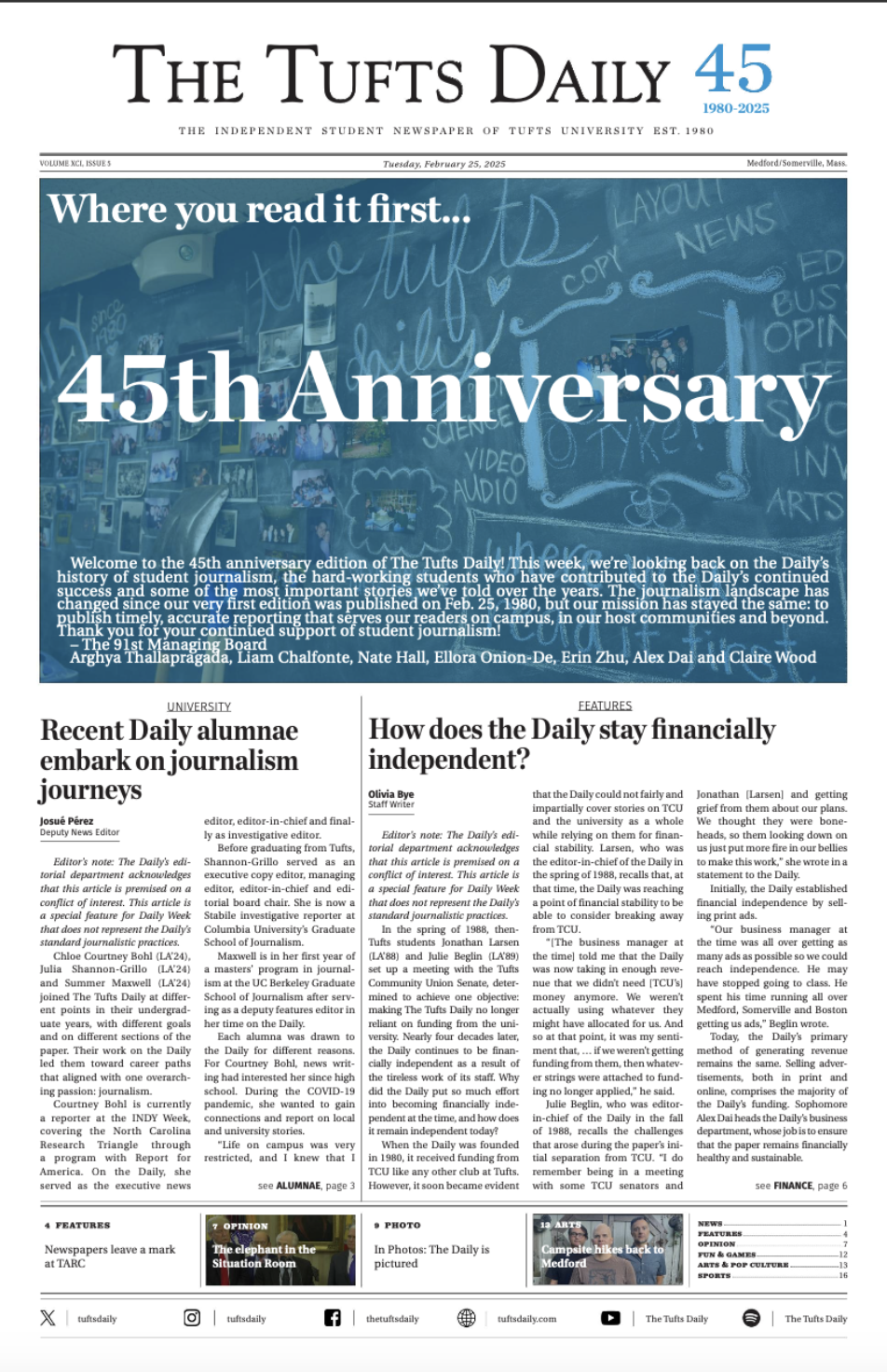Russia’s invasion of Ukraine is having worldwide consequences.
Surely almost everyone in the Tufts community is familiar with the situation by now: Russia has invaded its neighbor Ukraine, seemingly attempting to take over much of the country. As a result, the United States and many other countries have imposed harsh sanctions on the aggressor, which has had huge consequences for the Russian economy. Following calls from lawmakers from both parties, President Joe Biden banned the import of Russian oil on Tuesday. While imported Russian oil makes up a minority of American oil consumption, in terms of economic consequences for Russia, this is about as close to a ‘nuclear option’ as one can get. A ban like this will, among other things, bring gas prices for Americans way up — more so than they’ve already risen in recent weeks.
Does this mean people will use transit instead?
There is actually a good amount of research on this specific topic. The drastic hikes in gas prices seen in the late 2000s in particular have been closely analyzed. AAA recorded the highest ever national average price of a gallon of gas at about $4.11 on July 17, 2008. On Tuesday, the national average was about $4.17, breaking that record. It should be noted, though, that adjusted for inflation, the previous record for a gallon of gas would be worth about $5.37 in today’s dollars. Many researchers at the time analyzed how the price shock affected the transportation behavior of people in areas all over the country. Generally, the findings showed a delayed response, so we can’t expect to see a large increase in transit ridership right away. Even after months, the associated increases in ridership were shown to be relatively small, regardless of transit options available in whatever city or town people live in. In short, most people don’t change their behavior at all.
This is unfortunate! It really sucks when so many people have to pay so much more to get around. A lot of this comes down to a lack of transit options — it is simply not feasible to get around without a car in much of the country, so people have no choice but to swallow the cost. It might be easier to drive less if you live in Somerville or Medford, but for people like my parents in Utah, who live with basically zero transit services, they have to drive.
Thus, I’m skeptical that higher gas prices will ultimately be good for the climate as a habit changer. Obviously, more will be revealed with time, but the evidence we have so far is not necessarily reason for optimism. There has to be an active policy approach to taking cars off the road, meaning we have to tax congestion, build more train routes, run more buses and generally try to make transit a better alternative to driving. These actions will help save our planet and work wonders for our energy security.





